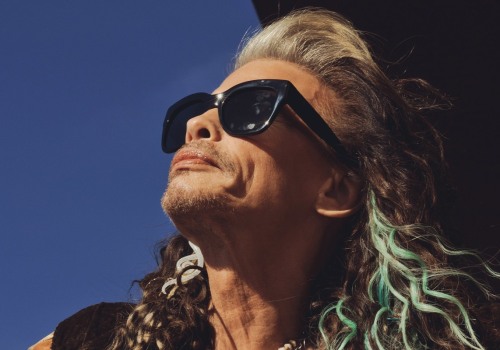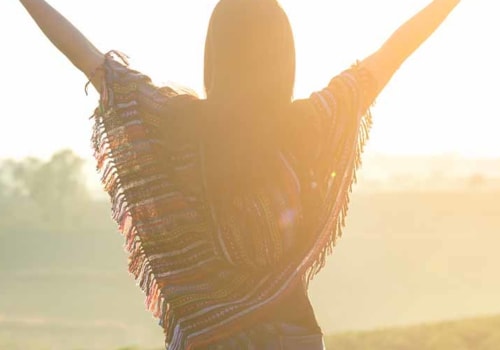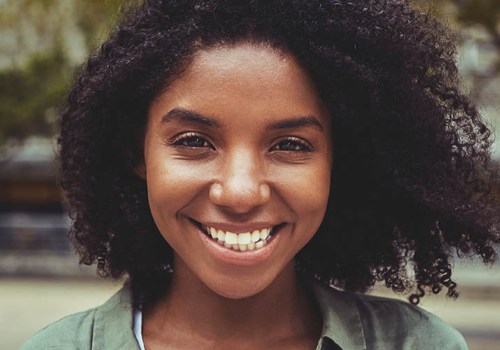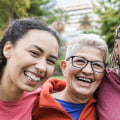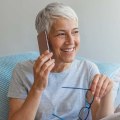New York's recovery support organizations include 12-step groups, support groups, rehabilitation centers, therapy services, residential treatment centers, and more for men and women who are striving to live sober lives. Connection, support, sobriety, employment and quality of life: these are all important outcomes for people in recovery. Recovery, being unique to each person, justifies a variety of housing options for people, whether they are transitioning from a homeless situation, a treatment center, or even their own home. Ongoing models of affordable housing, from Housing First to recovery housing, are invaluable to people in recovery in all walks of life.
Alcoholics Anonymous (AA) is an international association for anyone who has ever had a problem with alcohol. It's open to anyone, regardless of gender, age, or origin, and is available worldwide. Self-management and recovery (SMART) training aims to support through self-empowerment and motivation, with a focus on education and mental health. Self-Management and Recovery (SMART) Training offers global support meetings for addiction recovery through self-empowerment.
The goal of the program is to promote abstinence from alcohol and other substances through positive lifestyle changes. It is designed to empower people and transform lives from self-destructive to positive, constructive and enjoyable. Loosid offers a variety of online support tools and provides interaction with others to encourage connections and networking while enjoying a sober lifestyle. Loosid is a community for people looking to thrive and enjoy fun events and activities while abstaining from alcohol and other substances.
With Loosid, this includes alcohol-free guides that point you to places you can go where you won't have the pressure to drink alcohol, such as restaurants, events and places to travel. The company also offers a sober dating community for those who are single and looking to meet someone. Loosid offers chat groups to help sober people get to know each other where they live, make new sober friendships and find people to do activities with that are not related to alcohol. In addition to its social components, Loosid also works as a recovery application, with a sobriety aid feature to help people overcome a recent relapse and how people can maintain sobriety.
The Loosid app is free to download. LifeRing offers online and in-person meetings that promote self-empowerment rather than belief in a higher power, making it a good alternative to faith-based recovery groups. LifeRing promotes an abstinent lifestyle through self-empowerment rather than belief in a higher power. Its three principles are sobriety, secularism and self-help.
While members can also attend different groups or follow other teachings about sobriety, some people come to LifeRing after discovering that other programs didn't work for them. LifeRing focuses on the present rather than the past and promotes the idea that what will work for each person is unique. Within the LifeRing philosophy, the idea of the Sober Self, or the part of you that has the power to overcome addiction, stands out. While this part of you may be weakened and dominated by the Addicted Self, it's still there and may wake up again.
Therefore, the goal of LifeRing is to strengthen a person's sober self and weaken their addicted self by connecting with others and sharing their encouragement, advice, and strength. LifeRing does not require you to follow a program step by step, but rather that you design your own program, since only you know the best path to follow and the changes you need to make. By promoting a sobriety-focused approach, Club Soda offers live events around the world to help connect people who want to reduce their alcohol consumption, stop drinking briefly, or stop drinking altogether. Club Soda calls itself the Conscious Drinking Movement and was designed for those who want to reduce consumption, stop drinking briefly or stop drinking completely.
It offers a program on how to drink with mindfulness and also a one-month restart course. Club Soda also published a book, How to Be a Mindful Drinker, and has a monthly podcast with tips for changing the way you drink, events and interviews. Club Soda is based in the United Kingdom. But it has members all over the world and organizes conscious drinking festivals.
It also works with the hospitality industry to encourage more offers to people who choose not to drink alcohol. Club Soda is an excellent option for groups if you're looking for live events you can attend, an approach focused on sobriety, and a searchable guide to alternatives to alcohol consumption. It's best to use Club Soda as an additional resource to other sobriety groups or 12-step programs, since the program doesn't include any inherent support groups. The best sobriety support groups were chosen based on the history of the company or organization, the variety of resources offered, accessibility to the general public, and the focus on a specific aspect of sobriety support.
When choosing a sobriety group, it's best to consider the specific needs it seeks to address. While Loosid and Club Soda are more socialization-oriented, LifeRing and Alcoholics Anonymous (AA) focus on recovery. Founded in 1975, Women for Sobriety (WFS) is the first peer support program designed specifically for women overcoming substance use disorders (SUD). Women for Sobriety (WFS) was founded in 1975 as a non-profit organization that helps women recover from substance use.
With thousands of homes for sober people without licenses established where addicts live as families, insurance companies and other sources of possible help are naturally cautious about the details of each case. It provides a safe space to share your experiences and challenges, while offering a new network to connect with while trying to live a sober lifestyle. .

